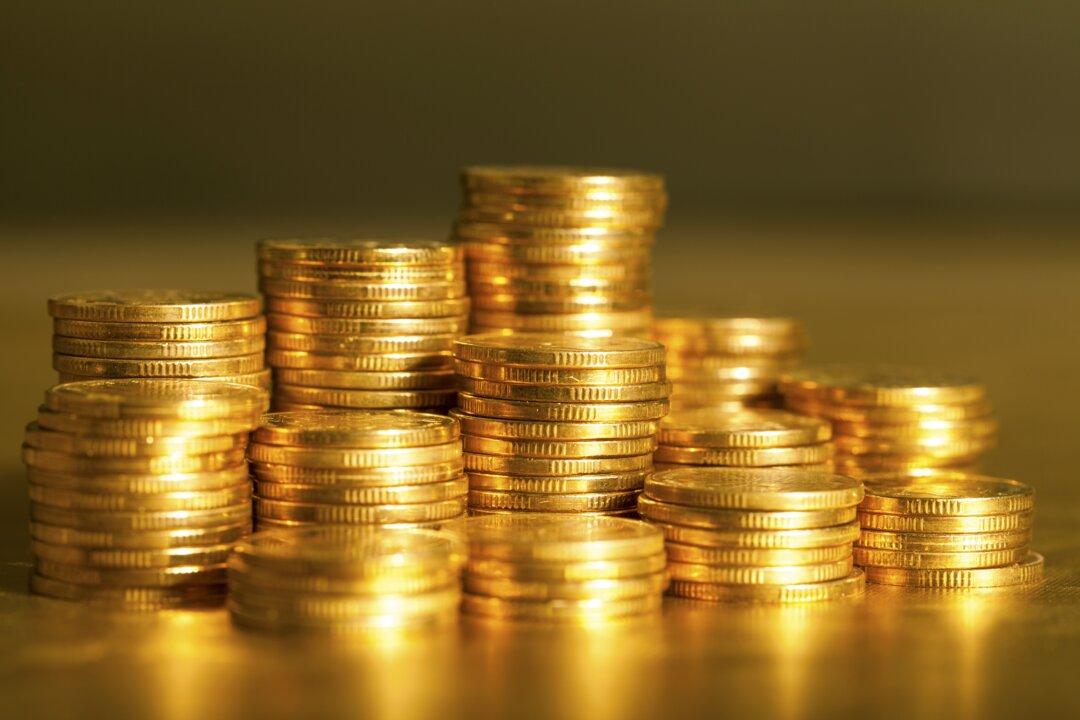Commentary
Amid all this incredible political and economic chaos, I was tasked with packing up my mother’s things to prepare for her move to assisted living. It’s a gravely emotional experience for anyone, as I’m sure you know.

Amid all this incredible political and economic chaos, I was tasked with packing up my mother’s things to prepare for her move to assisted living. It’s a gravely emotional experience for anyone, as I’m sure you know.